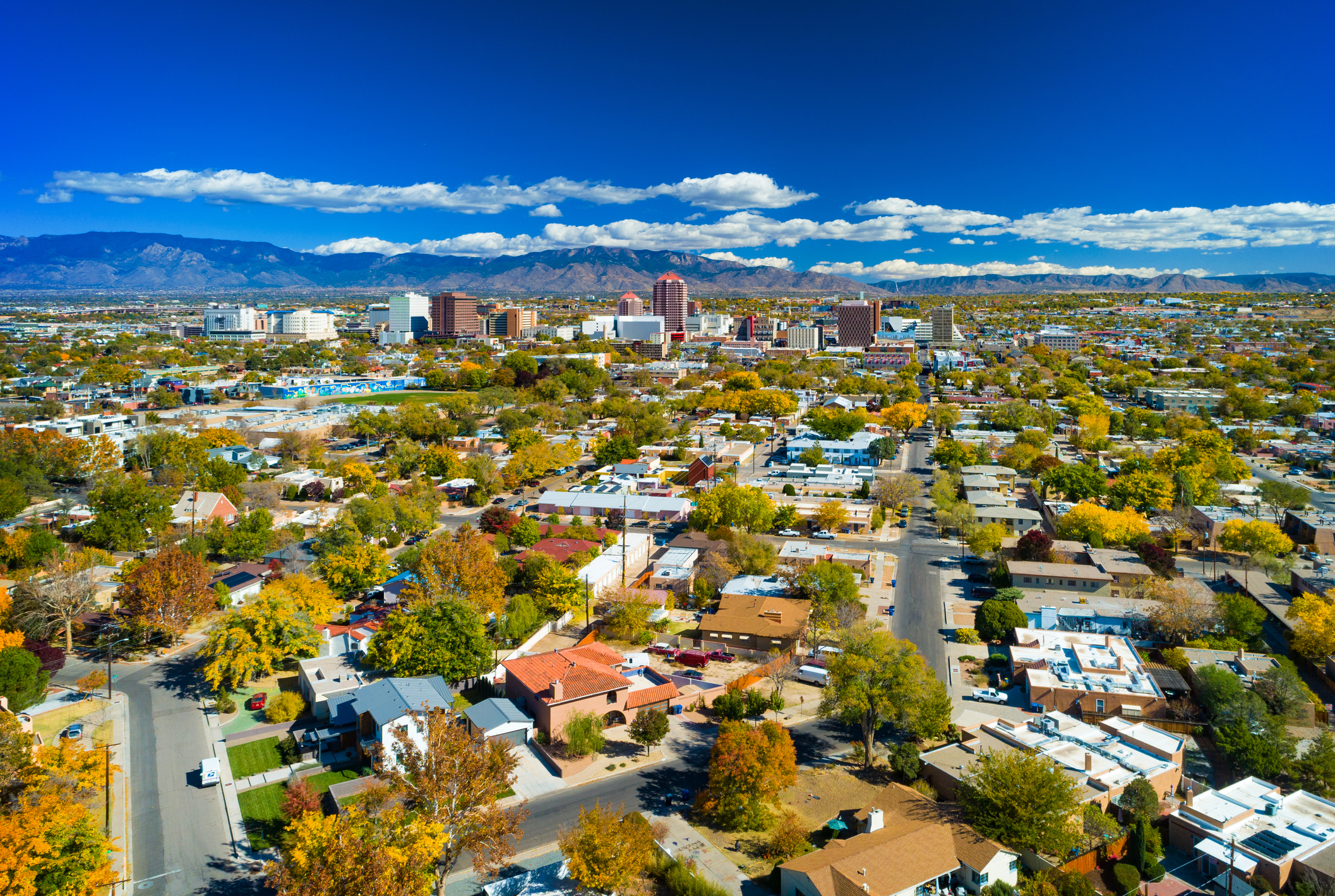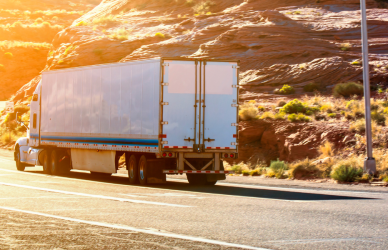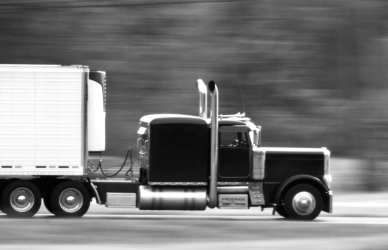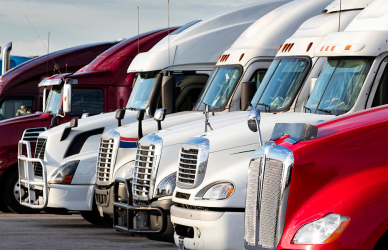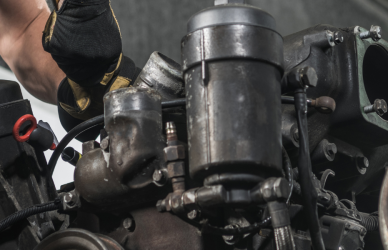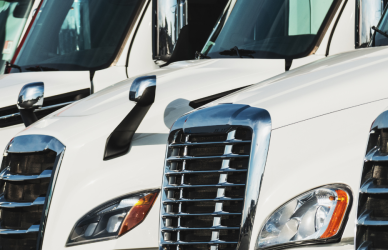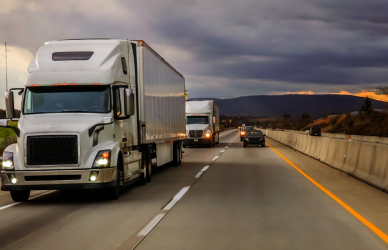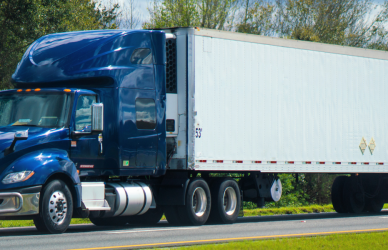Long-haul truckers may soon be able to power their 18-wheelers with hydrogen produced in New Mexico and delivered via a vast fueling network stretching from the Port of Los Angeles to West Texas. According to Transport Topics, New Mexico-based Libertad Power is partnering with Hyundai Motor Co. and nationwide fueling service Diesel Direct to build a new hydrogen-fueled “Southwest Clean Freight Corridor” to help decarbonize thousands of heavy-duty, longhaul trucks that crisscross the region every day.
According to Joe Merlino, managing partner of Libertad Power, which plans to open the state’s first zero-carbon, green-hydrogen production plant near Farmington, N.M. in 2025, the network could start up in about three years. The plant would use electrolysis, a technology that extracts hydrogen from water without the use of fossil fuels, to produce clean-burning hydrogen for fuel-cell trucks, which Diesel Direct would deliver to customers throughout the region.
“Our goal is to be in commercial operation by 2025,” Merlino said. “We’d be looking at producing about 20 to 30 tons of hydrogen per day to start. But using electrolyzer technology, we have the advantage of building the plant out in modular fashion, so we’d connect up more capacity as demand for product grows.”
Hyundai, the world’s third-largest automaker in terms of sales volume from January to June 2022, is providing guidance on the technology, infrastructure, and operational requirements for hydrogen-fueled trucks. This is based on direct experience building and operating its own fleet of long-haul fuel cell electric trucks in Switzerland, which has accumulated 2.67 million fleet miles. According to Benjamin Happek, Hyundai senior manager for commercial vehicle global new business development, these trucks have a maximum driving range of 500 miles. The South Korean company is working hard to develop both battery and fuel cell-powered electric vehicles. It announced plans in May to invest $5.4 billion in a new electric vehicle and battery plant in Georgia, which will open in 2025.
Partners in the Corridor Project hope to eventually support over 20,000 commercial fuel cell electric vehicles on Southwest highways. This could include approximately 12,000 heavy-duty trucks, which, if converted to hydrogen, would displace approximately 1.5 million tons of carbon annually, according to Merlino.


